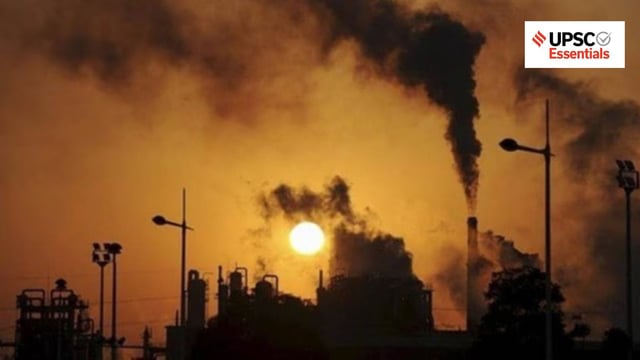Overview
- Climate Central's analysis reveals that climate change has doubled the annual number of dangerously hot days for pregnant women in nearly 90% of countries over the past five years.
- Pregnancy heat-risk days are defined as days when local temperatures exceed the 95th percentile, significantly increasing risks of preterm births and severe maternal health complications.
- India saw an average of six additional pregnancy heat-risk days annually from 2020 to 2024, with hotspots like Panaji, Goa, experiencing up to 39 extra days each year.
- Developing regions such as sub-Saharan Africa, Southeast Asia, and the Caribbean face the highest heat-related pregnancy risks due to limited healthcare access and infrastructure.
- Health experts emphasize cutting fossil fuel emissions and implementing adaptive measures to protect maternal and infant health from the growing threat of extreme heat.


